Hong Kong security law: What is it and is it worrying?

China has passed a national security law for Hong Kong which many worry spells the end of the territory's unique freedoms. So what do we know, and what do people fear the most?
What is this law all about?
Hong Kong was always meant to have a security law, but could never pass one because it was so unpopular. So this is about China stepping in to ensure the city has a legal framework to deal with what it sees as serious challenges to its authority. The full text of the law is not yet available but we know it criminalises any act of:
- secession - breaking away from the country
- subversion - undermining the power or authority of the central government
- terrorism - using violence or intimidation against people
- collusion with foreign or external forces
What could it do in Hong Kong?
Only a handful of people have seen the full text, a source of considerable controversy in Hong Kong. But some details that have emerged in state media include:
- Beijing will set up a national security office in Hong Kong, which will collect intelligence and "handle crimes" against national security. This office can send some cases to be tried in mainland China - but Beijing has said it will only have that power over a "tiny number" of cases
- In addition, Hong Kong will have to establish its own national security commission to enforce the laws, with a Beijing-appointed adviser
- Hong Kong's chief executive will have the power to appoint judges to hear national security cases, raising fears about judicial autonomy
- The jail term for national security offences carries a maximum sentence of life imprisonment, Chinese state media reported
- Importantly, Beijing will have power over how the law should be interpreted, not any Hong Kong judicial or policy body. If the law conflicts with any Hong Kong law, the Beijing law takes priority
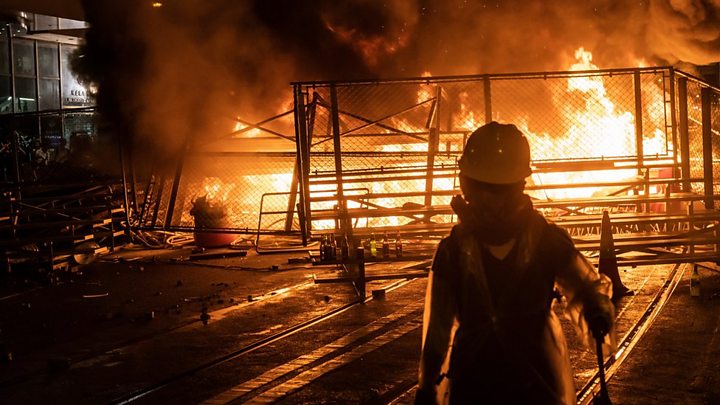
The law will come into effect on 1 July, the 23rd anniversary of the city's handover to China from British rule.
Why are people in Hong Kong afraid?
Beijing has said Hong Kong should respect and protect rights and liberties while safeguarding national security - but many still fear the loss of Hong Kong's freedoms with this law.
"It is clear that the law will have a severe impact on freedom of expression, if not personal security, on the people of Hong Kong," Professor Johannes Chan, a legal scholar at the University of Hong Kong, told the BBC before the passage of the law.
There are reports of people deleting Facebook posts, and concerns that candidates opposing the national security law will be disqualified from running in elections.
Many are also afraid Hong Kong's judicial independence will be eroded and its judicial system will look increasingly similar to mainland China's. The city is the only common law jurisdiction in China.
"Effectively, they are imposing the People's Republic of China's criminal system onto the Hong Kong common law system, leaving them with complete discretion to decide who should fall into which system," says Professor Chan.
Some pro-democracy activists - such as Joshua Wong - have been lobbying foreign governments to help their cause. Such campaigning could become a crime in the future. He has now quit his Demosisto party. Many also worry that the law might be retroactive.
People also worry that a threat to Hong Kong's liberties could affect its attractiveness as a business and economic powerhouse.
Why did China do this?
Hong Kong was handed back to China from British control in 1997, but under a unique agreement - a mini-constitution called the Basic Law and a so-called "one country, two systems" principle.
They are supposed to protect certain freedoms for Hong Kong: freedom of assembly and speech, an independent judiciary and some democratic rights - freedoms that no other part of mainland China has.
Under the same agreement, Hong Kong had to enact is own national security law - this was set out in Article 23 of the Basic Law - but it never happened because of its unpopularity.
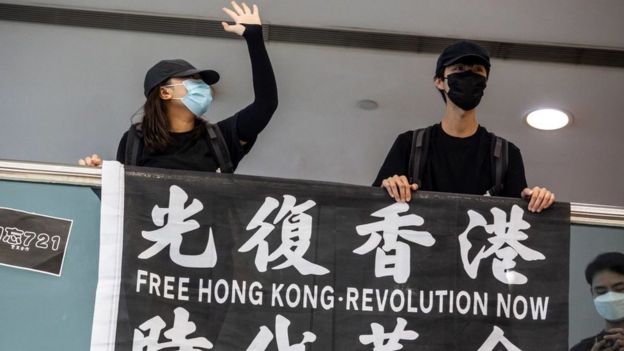 ISAAC LAWRENCE/AFP
ISAAC LAWRENCE/AFPThen, last year, protests over an extradition law turned violent and evolved into a broader anti-China and pro-democracy movement.
China doesn't want to see that happen again.
How can China do this?
Many might ask how China can do this if the city was supposed to have freedoms guaranteed under the handover agreement.
The Basic Law says Chinese laws can't be applied in Hong Kong unless they are listed in a section called Annex III - there are already a few listed there, mostly uncontroversial and around foreign policy.
These laws can be introduced by decree - which means they bypass the city's parliament.

If you want a deep dive into the tensions between China and Hong Kong read more here:

Critics say the introduction of the law this way amounts to a breach of that "one country, two systems" principle, which is so important to Hong Kong - but clearly it is technically possible to do this.


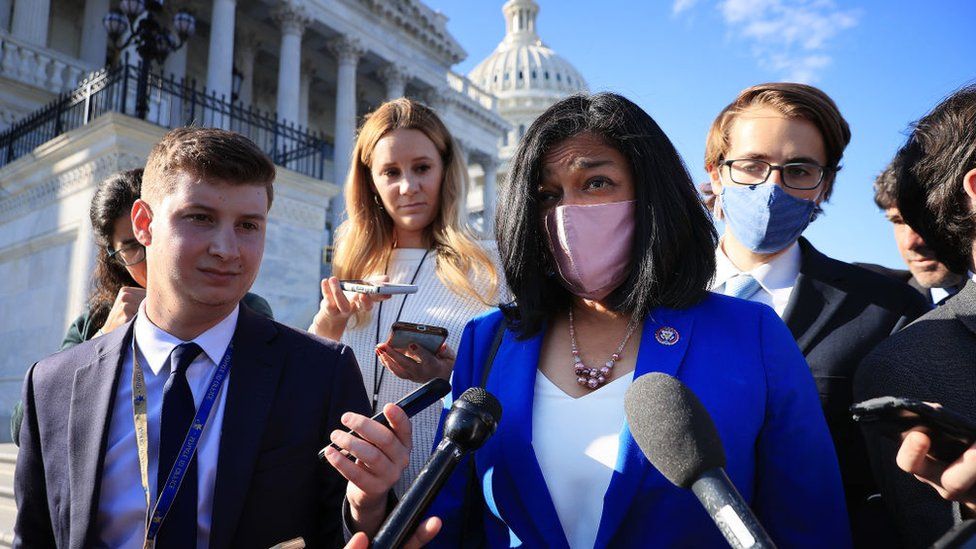



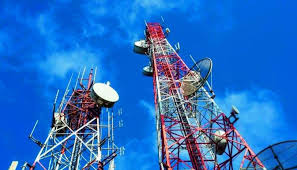
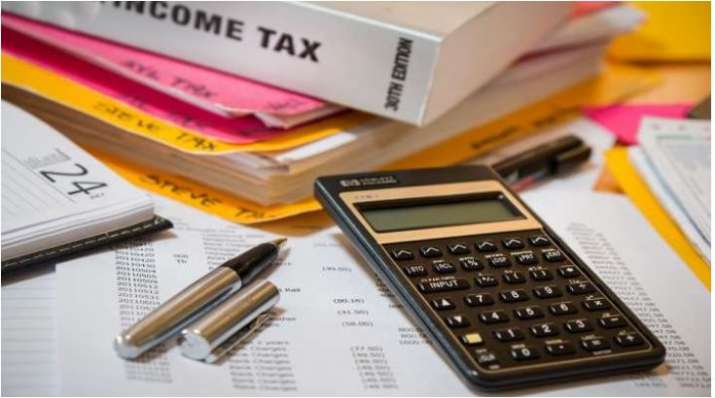

Comments